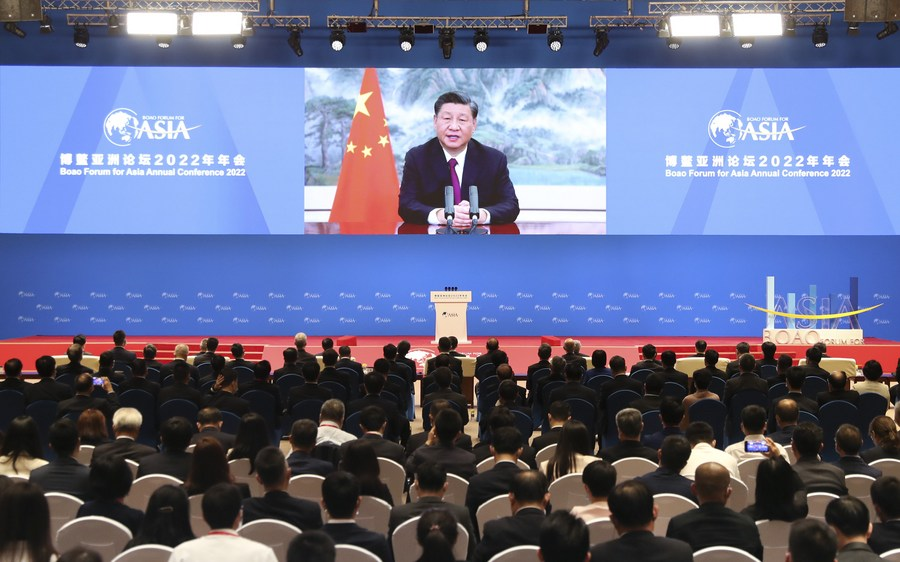By Mariam Shah
In recent years, the world has moved toward utter instability and multidimensional challenges that are unfolding at a rapid pace. There are global issues, such as climate change, Middle East crisis, COVID-19 pandemic, rising food insecurity, looming famines and droughts in the developing countries, which require emergency-level responses by all the states, especially those from the developed countries and other global powers.
Somehow, for a while now everything has been eclipsed by overambitious motives and globalized militarism of a number of states. Moreover, since the beginning of the Russia-Ukraine conflict, the majority of global powers are focused on arming Kyiv and building military alliances, which is very unfortunate. The world cannot afford another episode of the Cold-War era, forecasting an unending instability through economic and political turmoil, mindless propaganda, espionage and proxy wars. Over the years, the world has become too fragile to handle such threats.
In the wake of recent conflicts, it appears evident that the world is fast moving toward multi-polarity; hence absolute and exclusive security will not work in the long term outlook. Security and sovereignty of every state is the need of the hour. Long gone are the days when the Cold-War mentality of zero sum games existed and former U.S. President Ronald Reagan raised the "we win, they lose" slogan. Now is the time for every state to adopt a "win-win" strategy rather than "lose-win."
By imposing unilateral sanctions, coercive measures and arms supplying, Washington is diminishing any lines left for dialogue and negotiations, which should be the backbone to resolve any conflict. The U.S. needs to come out of this notion of one-upmanship and antagonism toward other states and try working for a sustainable peace and development based on cooperation, respect and equality for all. The Western countries need to end this obsession with exclusive security platforms and blocs, as it is damaging the core of democracy they preach. These actions reveal their ambitions for domination over the rest of the world, which is counterproductive to the entire international security order and development.

Chinese President Xi Jinping delivers a keynote speech via video at the opening ceremony of the Boao Forum for Asia Annual Conference 2022, April 21, 2022. [Photo/Xinhua]
On April 21, Chinese President Xi Jinping proposed for the first time the Global Security Initiative at the opening ceremony of the Boao Forum for Asia Annual Conference 2022. The underlying theme of Xi's address was how to deal with the rising challenges and build a bright future through greater cooperation. Recently, Chinese State Councilor and Foreign Minister Wang Yi also reiterated at a conference of BRICS foreign ministers that the initiative "bridges the peace deficit and guides the way to solve global security dilemmas" by guaranteeing security for every country.
Presently, the world needs connectivity, multilateralism and international solidarity, since it is no more a bipolar world, which it used to be. All the pressing issues needs multilateral responses, and progress toward sustainable peace and stability is only possible when all the countries are integrated in the process. Common security through cooperation, not coercion, is needed and the world powers must realize that we need to move forward from where we are standing now rather than going back while exacerbating the security challenges.
Let's address the climate change, pandemic and rising food insecurity. Let's resolve conflicts and differences through peaceful, meaningful dialogue and consultation. Rather than fan the flames, let's alleviate sufferings of the masses through cooperative measures leading to long-term peace and stability.
Mariam Shah is an Islamabad-based independent researcher in the field of conflict studies and military psychology.

 中文
中文





